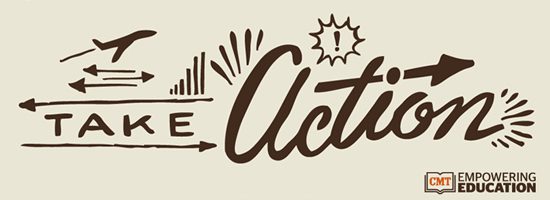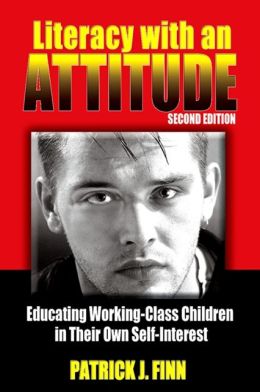In this week’s reading we were to
read “Empowering Education: Education in Politics” by Ira Shor.
In this reading Shor focuses on the idea of
empowering education within the classrooms.
He argues the idea that students in today’s society and classrooms are
being taught a different way to just simply memorize the knowledge they are be
presented at hand. Shor discusses how
“people are naturally curious. They are born learners. Education can either
develop or stifle their inclination to ask why and to learn. (pg 12). In this statement I couldn’t help but agree
with it. No matter what stage in life a person is always bound to be curious,
especially when it comes to learning new things. Shor continues to argue that with the
classrooms being too focused on pushing a child to memorize and are not being
able to speak their minds throughout the classrooms. The idea of empowering education is to create
educated students who are able to become great things in our society. Critical thinking also plays a huge role in
this as well.
 Throughout
my educational career I feel that I have faced both teachers who have pushed
memorizing education and also teachers who not only used memoization but were supportive of each and every
student’s thoughts and concerns. When
attending elementary school, along with middle school I feel that I was not
able to completely state how I felt about certain subjects. Growing up as a child I always struggled in
both math and science. With the way the
curriculum was setup by the teachers I felt that because I struggled I was an
outcast. The teachers were so adamant
about having each student memorize their history so they were able to move onto
the next level of school. When I entered
high school I experienced both teachers who were more open to students speaking
their minds about how they felt about a certain topic or what they felt was
most difficult for them personally. In
college I have had the chance to have a few professors who have completely
opened my eyes to the world of both education and teaching. As a student I feel that having a teacher who
is willing to cater to not just the class as a whole but as individuals creates
a better outcome for the classroom responses in both lectures and testing.
Throughout
my educational career I feel that I have faced both teachers who have pushed
memorizing education and also teachers who not only used memoization but were supportive of each and every
student’s thoughts and concerns. When
attending elementary school, along with middle school I feel that I was not
able to completely state how I felt about certain subjects. Growing up as a child I always struggled in
both math and science. With the way the
curriculum was setup by the teachers I felt that because I struggled I was an
outcast. The teachers were so adamant
about having each student memorize their history so they were able to move onto
the next level of school. When I entered
high school I experienced both teachers who were more open to students speaking
their minds about how they felt about a certain topic or what they felt was
most difficult for them personally. In
college I have had the chance to have a few professors who have completely
opened my eyes to the world of both education and teaching. As a student I feel that having a teacher who
is willing to cater to not just the class as a whole but as individuals creates
a better outcome for the classroom responses in both lectures and testing.
This article really opened my eyes
to the type of youth worker that I want to be and how I want to encourage
students that they can have an open mind to their education. We, as students, have all had our fair share
of teachers or professors who have made us feel as if we were so small when it
comes to learning. Over the years I have
tried my best to make the professor know how I feel when it comes to not understanding
the way they are portraying their lesson.
This article also reminded me of all the ideas from the readings we had this
semester as well.













